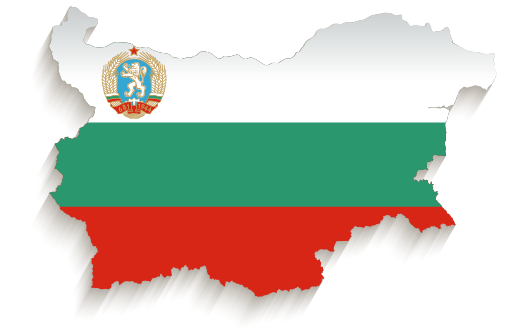(Grant Agreement n. 669194)
In Bulgaria, the two banks involved in foreign trade one way or another were the Bulgarian National Bank (BNB), the erstwhile central bank reorganised as a typical socialist ‘mono-bank,’ and the Bulgarian Foreign Trade Bank (BVTB), an institution set up in 1964 in the context of growing commercial exchanges with Western Europe. The two banks, however, were not independent actors, not even in matters concerning their investment, credit and monetary policies: the BNB was subordinated to the Ministry of Finance, while the BVTB was placed further down the same chain of command, being supervised in turn by the BNB.
Within their general policy-making limitations, the two banks had nevertheless divergent interests when it came to interactions with the European Economic Community (EEC). The BNB, which was in charge of the country’s hard-currency reserves, was preoccupied with financial discipline and alarmed by the import hunger of the national economy. As Bulgarian foreign trade in the capitalist markets generally ran a permanent deficit which inevitably affected the country’s balance of payments, a major red flag for the BNB, the bank’s leadership had a somewhat conservative stance on export and import strategies. However, it rarely had a voice in debates on such matters. Moreover, its de jure powers to control the hard-currency portfolios of trade organisations were too often undermined by party decrees. As an example, in 1972 the party’s Politburo increased its prerogatives in such matters. With the intention of strengthening financial discipline, it stipulated that imports from the West that exceeded the hard-currency quotas of organisations were only allowed if there was a simultaneous export surplus. Nevertheless, the ordinance permitted exceptions based on personal approval by Todor Zhivkov, and so it also increased financial voluntarism in the system. Overall, the BNB was often too weak to have a say on exactly the issues of greatest relevance to it, such as growing borrowing and the risk of runaway debt.
Its subordinate BVTB, on its part, was by default pushing in the opposite direction. Its main task was to secure low-interest bank credits from the West, for which it looked mainly to EEC member states, West Germany being by far its largest partner. Therefore, instead of trying to keep the lid on commercial exchanges with EEC member states like the BNB, the BVTB was essentially trying to increase cooperation, as its performance directly depended on building solid business contacts with Western banks.
Despite both banks having strong vested interests in Bulgaria’s economic relations with Western Europe, albeit in very different ways, neither had any special concern regarding the EEC as such. The bankers tackled the issues on their agendas on the basis of bilateral relations with specific states, regardless of whether they were EEC members or not. At this level, there was no particular discussion on the EEC and Bulgaria’s dealings with it.
* This text summarises some of the research findings of PanEur1970s team member Elitza Stanoeva, which are published as a chapter in PanEur1970s’ academic edited book. For a link to the e-book, please see Bulgaria’s “Overview” webpage of this map.
